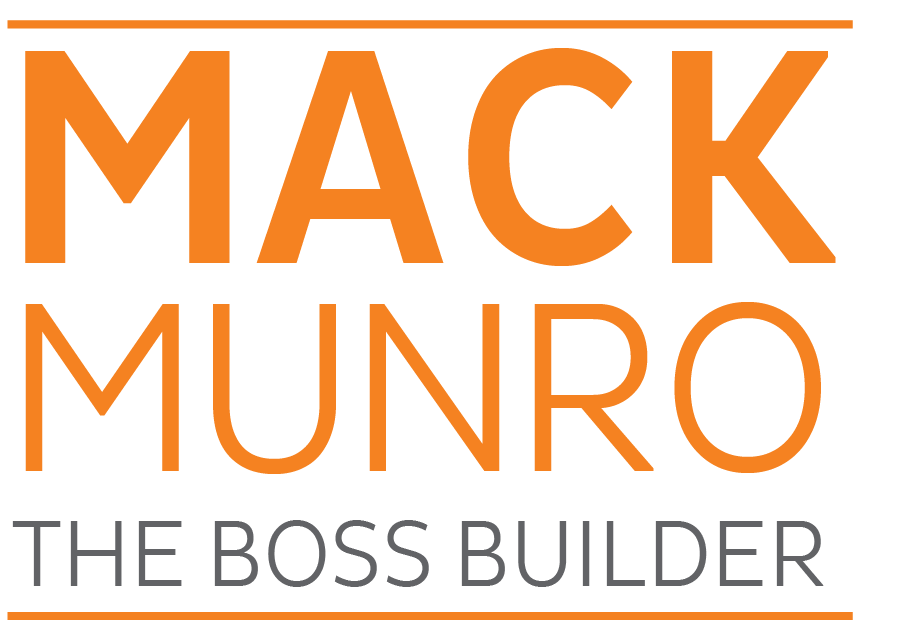 I’ve written before on how to make a wise decision but thought I’d revisit the topic as how to make a strategic decision. Strategic decisions are ones that have long-lasting consequences. Making one of these is kind of like playing chess – you have to think three moves ahead.
I’ve written before on how to make a wise decision but thought I’d revisit the topic as how to make a strategic decision. Strategic decisions are ones that have long-lasting consequences. Making one of these is kind of like playing chess – you have to think three moves ahead.
About 10 years ago, I got into a dispute with the University of Maryland over a small part-time consulting project I had there. I was clearly in the right on this one and many people offered advice on what to do, much of it encouraging me to “go to the mat” and fight it. However after thinking it through, the potential harm outweighs the benefits and I opted to just let the entire situation go and acquiesce to their demands. To me, the time and energy it would take would not be worth the effort plus could lead to some pretty negative publicity. A short-term win would probably create a bunch of long-term problems.
Strategic thinking is one hallmark of great leaders. It’s the ability to look past the emotion and think about consequences. It’s what separates individual contributors from good managers. It’s what often defines the difference between children and parents (and later in life, adult children and elderly parents.)
These were the steps I used to help with my strategic decision (some of this came from one of my particularly wise friends) and I would encourage you to consider them if you’re faced with a pretty big decision.
- What is your ultimate goal? What are the outcomes you want?
- What is the likely outcome in the next month, next 3 months, next 6 months?
- If your decision became public, what would your mother/grandmother/pastor etc. think?
- Will your decision burn any bridges beyond repair? Are you willing to risk this?
- What will this decision cost you in time? What are the opportunity costs (in my case, my hourly rate as income I WON’T be bringing in while I’m dealing with this)?
- Does the pain of not making this decision outweigh the pain and cost of making it?
- When you make the decision, do you think you might possibly regret it?
Along with these questions, seek the wisdom of wise people. These tend to be people who are rational and don’t often get caught up in the emotions of a situation. If you don’t have any people like this in your life, start looking for some!
I don’t know what strategic decisions I’ll have to make in the coming months and years but I’ll always return to these steps. I would encourage you to do the same.

